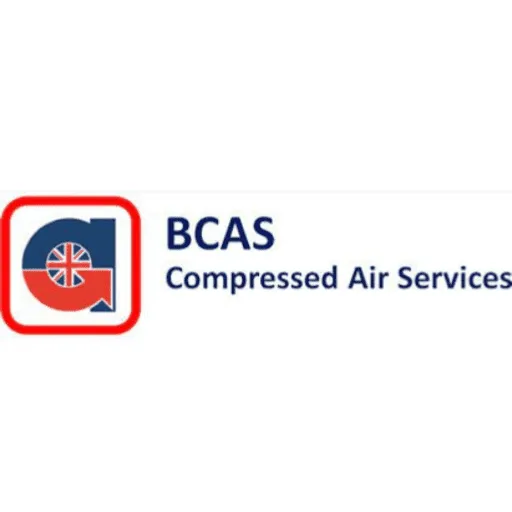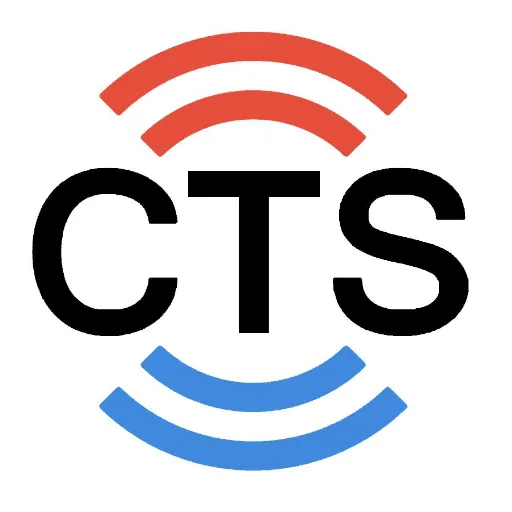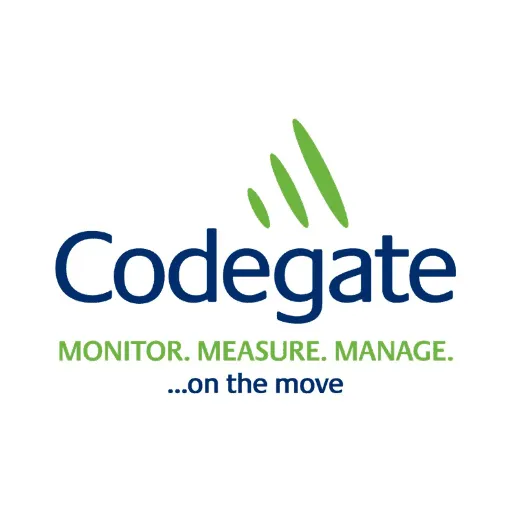Employer disciplinary action is an integral part of running an organisation and managing staff. An employer has a legal duty to ensure that any disciplinary action is not only lawful, but fair. You must follow careful processes to avoid facing an unfair dismissal claim from an employee whose disciplinary action leads to dismissal.
Here, our specialist HR advisors discuss when you might consider taking employer disciplinary action and explain the steps you should follow to ensure compliance with your legal obligations.
Call us now on 01491 598 600 or email us on cw@gaphr.co.uk and we will be delighted to help you.
When can you take employer disciplinary action?
You might decide to take employer disciplinary action for various reasons, including the following:
- The employee’s performance is poor.
- The employee has acted inappropriately.
- The employee’s attendance record is unacceptable.
Whatever the reason, you must follow a fair process when taking disciplinary action.
What is the process involved in employer disciplinary action?
The Advisory, Conciliation and Arbitration Service (ACAS) has devised a statutory Code of Practice to help employers taking disciplinary action, known as the Code of Practice on Discipline and Grievances. Failing to follow the guidelines under the Code will not, in itself, give your employee a right to issue an unfair dismissal claim against you. However, unfair dismissal claims can be based on an employer dismissing an employee for no fair reason, the reason not justifying dismissal, or the employer failing to follow a fair procedure. Adhering to the ACAS guidelines ensures your procedures are fair, so minimises the risk of Court proceedings if the outcome of the disciplinary action is that you terminate the employee’s employment.
Furthermore, the Employment Tribunal will review the parties’ compliance with the Code when deciding how much damages to award the employee if their unfair dismissal claim succeeds. If you did not follow the Code when taking employer disciplinary action, the Tribunal may increase the damages awarded by up to 25%. On the other hand, if your employee did not adhere to the Code, the Tribunal may reduce the damages awarded by up to 25%.
The Code advises employers to take the following key steps when taking employer disciplinary action:
• Try to resolve the issue informally.
Employers should always try to resolve disciplinary issues informally by speaking with the employee. Only if that fails, or if the circumstances are such that the matter cannot be resolved informally, should formal employer disciplinary action be commenced.
• Establish the facts.
You must investigate any potential disciplinary matters as soon as possible after they arise to establish the facts and decide whether employer disciplinary action is warranted. You should collate all relevant evidence on the issue, such as witness accounts, emails and other correspondence.
• Hold an investigatory meeting.
In some cases, you may need to hold an investigatory meeting with the employee to gather all pertinent facts. The investigatory meeting is not a disciplinary hearing, and you must not treat it as such. The employee has no a legal right to bring an accompanying person to an investigatory meeting, but your internal policies may allow them to do so.
• Inform the employee.
If your investigations indicate that employer disciplinary action is justified, you must inform the employee in writing. Your letter should provide details of the case against the employee, include copies of any evidence you have collated, and give details of the time, date and venue of the meeting, which should be somewhere suitably discreet. You must also inform the employee of their right to be accompanied to the meeting by specific individuals if the meeting could result in them receiving a formal warning or being disciplined in some other way.
• Hold a disciplinary meeting.
The disciplinary meeting is a crucial step in employer disciplinary action. It is your chance to present the evidence you have gathered to the employee, and for them to respond and put forward their position on the matter. The tone of the meeting should be constructive, and the employee should be encouraged to ask questions and query evidence so you can make a fair and balanced decision.
• Reach a decision
As soon as possible after the meeting, you should decide on the outcome and whether you consider employer disciplinary action necessary. You must inform the employee of your decision in writing.
If you feel that the employee’s conduct was unsatisfactory or their performance is not up to scratch, the first port of call is usually a written warning. If the issues are sufficiently serious, you may be justified in proceeding straight to a final written warning.
Terminating an employee’s employment is a significant step and should only be taken in the most serious cases, usually involving gross misconduct, such as theft, violence, or severe insubordination. You must still follow a fair and transparent procedure before dismissing an employee for gross misconduct.
What is an employer disciplinary action form?
An employer disciplinary action form helps employers keep a clear record of an employee’s disciplinary issues. ACAS have developed a template form that enables you to see key details, such as the nature of the matter, the type of action and the date, at a glance.
Your organisation’s employment policies and contracts should include provisions relating to its internal employer disciplinary action procedures, which must be clear and transparent. Taking advice from experienced HR specialists will guarantee that the policies satisfy the relevant legal requirements and align with the nature of your organisation and its values. If you are undertaking employer disciplinary action, their expert advice can be invaluable in helping you navigate the process, ensuring your employee is treated fairly, and putting your actions beyond reproach.
Please call us now on 01491 598 600 or email us on cw@gaphr.co.uk and we will be delighted to help you.

























































































































